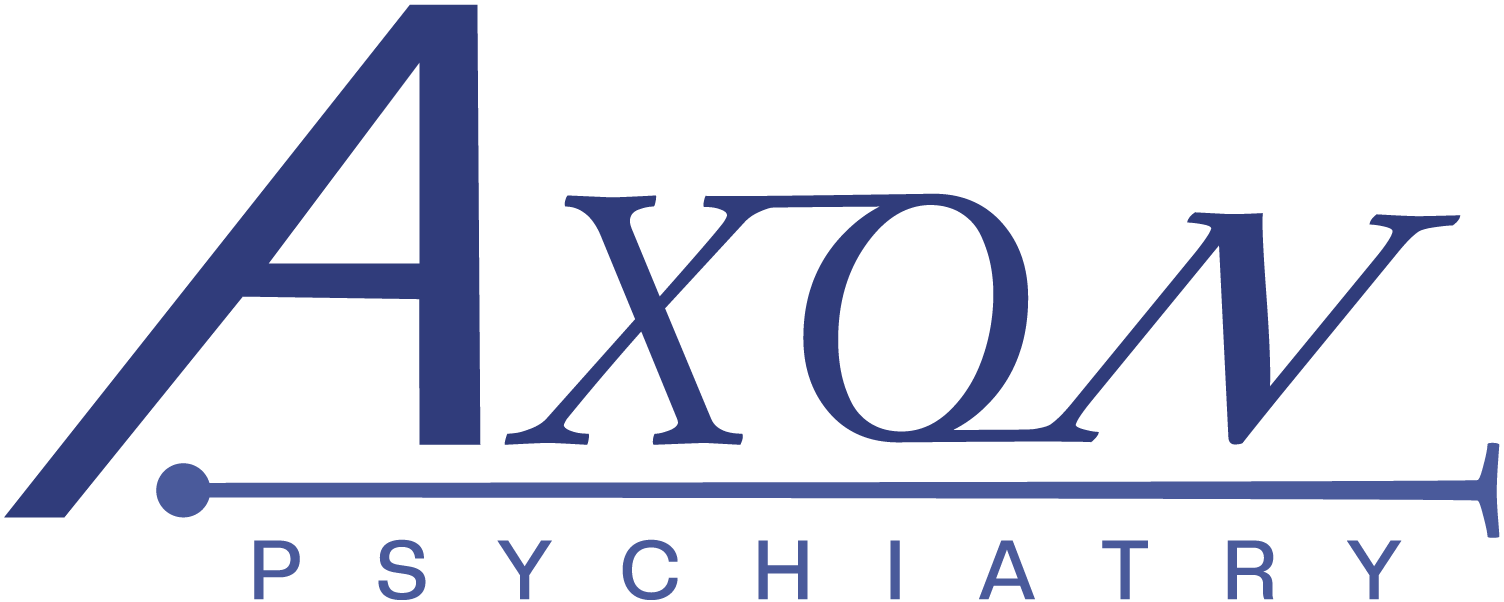What Are Behavioral Addictions?
Behavioral Addictions are characterized by compulsive engagement in rewarding non-substance-related behaviors. These behaviors become disruptive to one’s life and may lead to negative consequences. Common examples include:
- Internet and Gaming Addiction: Excessive use of the internet, video games, or social media.
- Gambling Addiction: Uncontrolled and problematic gambling behavior.
- Shopping Addiction: Compulsive and excessive shopping, often leading to financial issues.
- Exercise Addiction: Obsessive and unhealthy exercise patterns.
Signs and Symptoms:
Recognizing the signs and symptoms of Behavioral Addictions is crucial for early intervention. Look out for:
- Loss of Control: Difficulty in limiting or stopping the behavior.
- Preoccupation: Constant thoughts about engaging in the behavior.
- Neglect of Responsibilities: Neglecting important obligations due to the addictive behavior.
- Negative Consequences: Experiencing negative consequences in personal, social, or professional areas.
Causes and Risk Factors
Various factors contribute to the development of Behavioral Addictions. Common risk factors include:
- Genetics: Family history of addictive behaviors.
- Mental Health: Co-occurring mental health disorders.
- Personality Traits: Impulsivity, sensation-seeking, and perfectionism.
- Environmental Factors: Exposure to the addictive behavior in the environment.
Effects on Mental Health
Behavioral Addictions can significantly impact mental health, leading to conditions such as anxiety, depression, and impaired social functioning. Understanding these connections is vital for comprehensive treatment.
Seeking Help
If you or someone you know is struggling with a Behavioral Addiction, seeking help is the first step toward recovery. Options include:
- Therapy: Consult with a psychologist or addiction specialist for behavioral therapy.
- Support Groups: Joining support groups for individuals facing similar challenges.
- Counseling: Engaging in individual or group counseling to address underlying issues.
Understanding Behavioral Addictions is the first step toward recovery. By educating yourself and seeking professional help, you or your loved one can embark on a path toward a healthier and more fulfilling life. If you have further questions or concerns, consult with a mental health professional for personalized guidance. Remember, help is available, and you are not alone in this journey.

